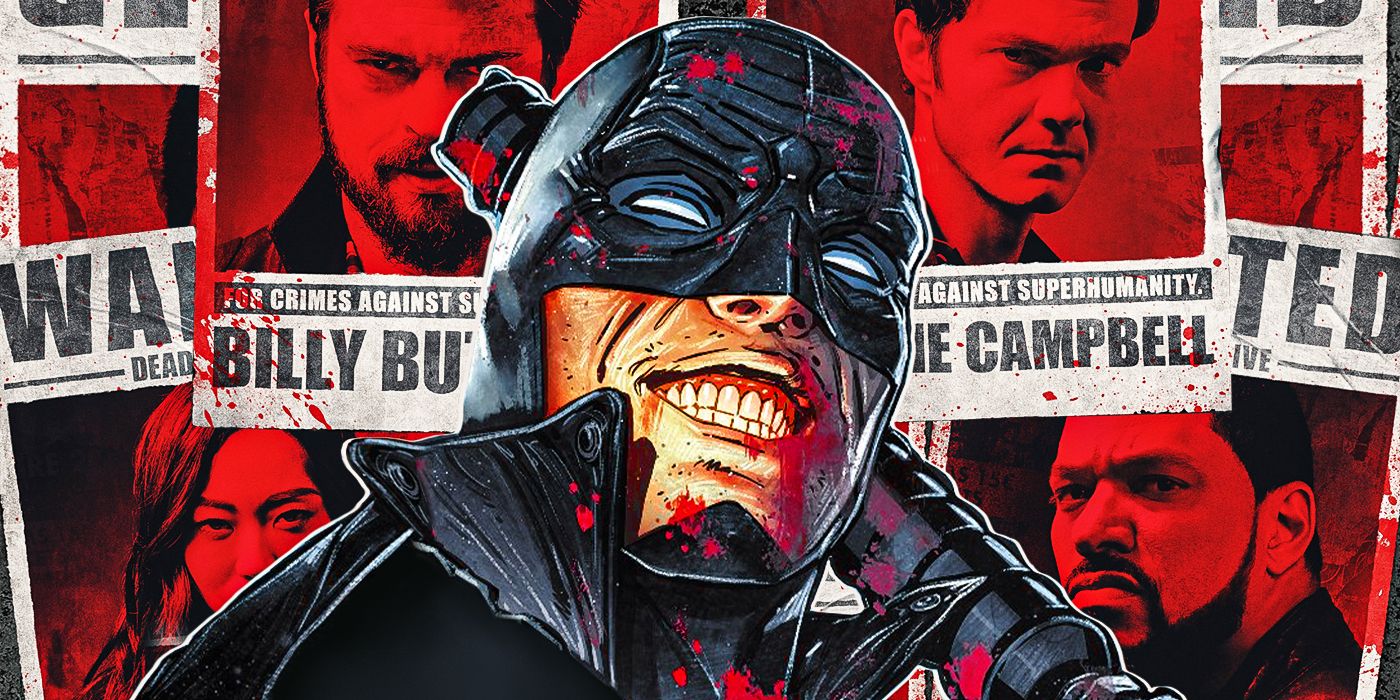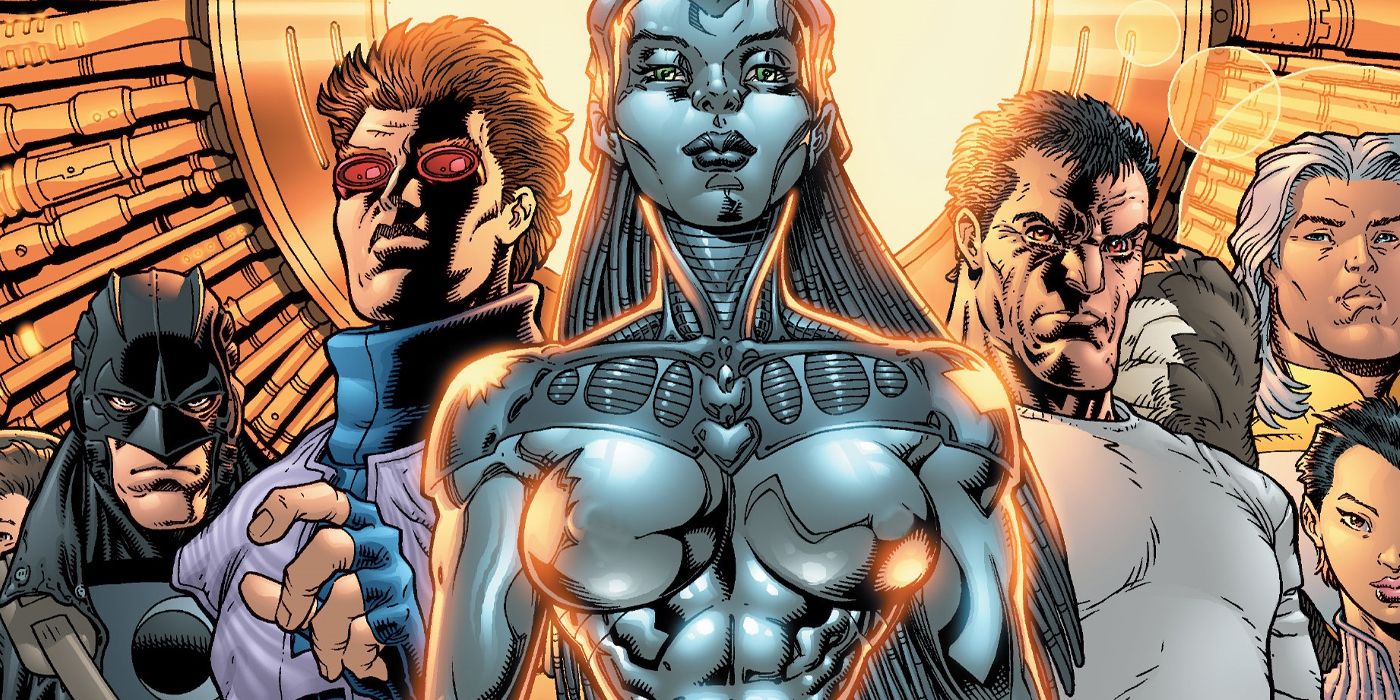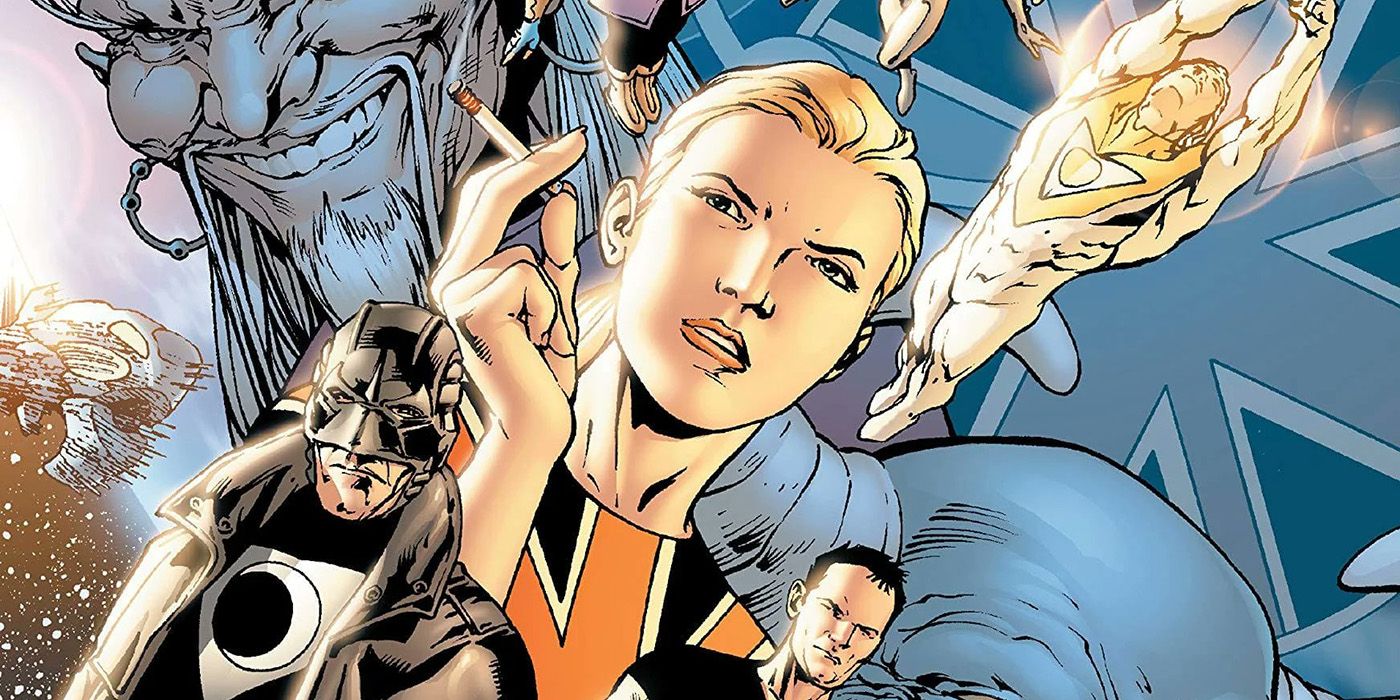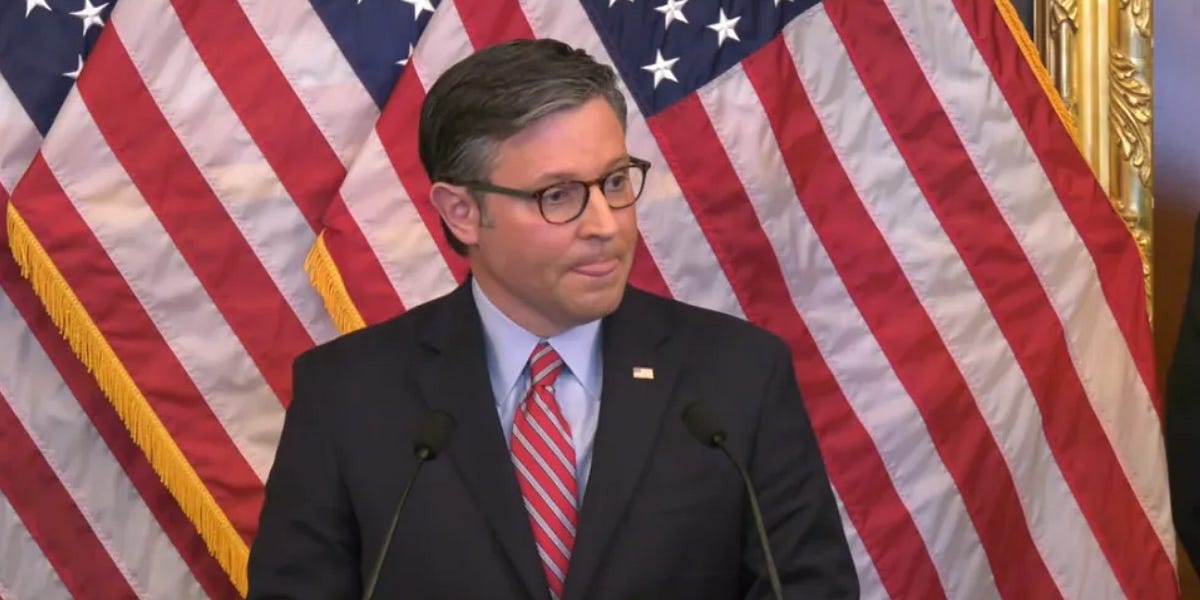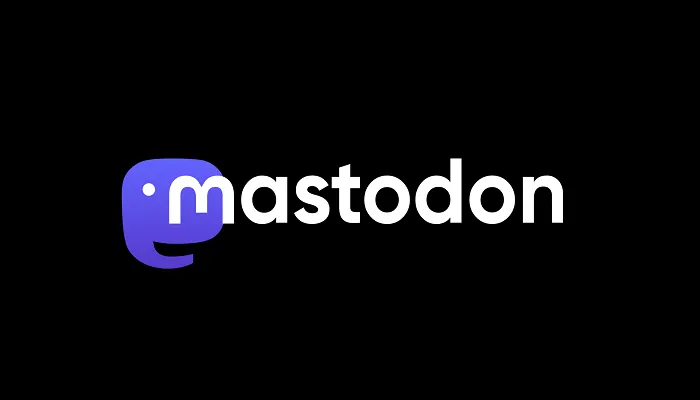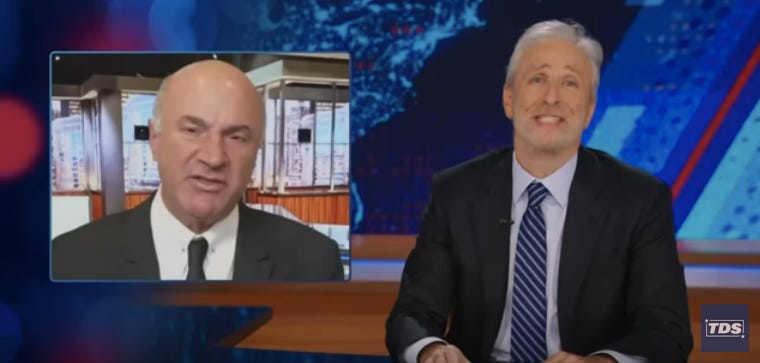The Big Picture
- The success of mature superhero series like The Boys and Invincible has paved the way for darker, more realistic adaptations in the superhero genre.
- The Authority represents a superhero team that challenges the traditional comic book morals, offering a more brutal, politically charged narrative.
- With themes of hedonism, representation, and political commentary, The Authority promises to be an exciting addition to the superhero movie landscape.
The incredible success of subversive superhero TV series like The Boys, which returns with Season 4 this June, and Invincible, whose second part of Season 2 debuts this month, has paved the way for Marvel and DC to dig into the more mature sections of their seemingly infinite story vaults, with the most recent jaw-dropping announcement relating to DC’s cinematic adaption of The Authority, one of the most hyper-violent, political, socially representative, and hard-hitting comics series to ever grace the shelves of comic book stores. While James Gunn’s announcement of the new DCU slate offered some classic twists on familiar characters, long-time fans of DC’s WildStorm branch (imagine the DC universe but darker, bloodier, and way more nihilistic) can rejoice, as their Authority movie will be coming directly after the newly announced DCU flagship title Superman: Legacy, now known simply as Superman.
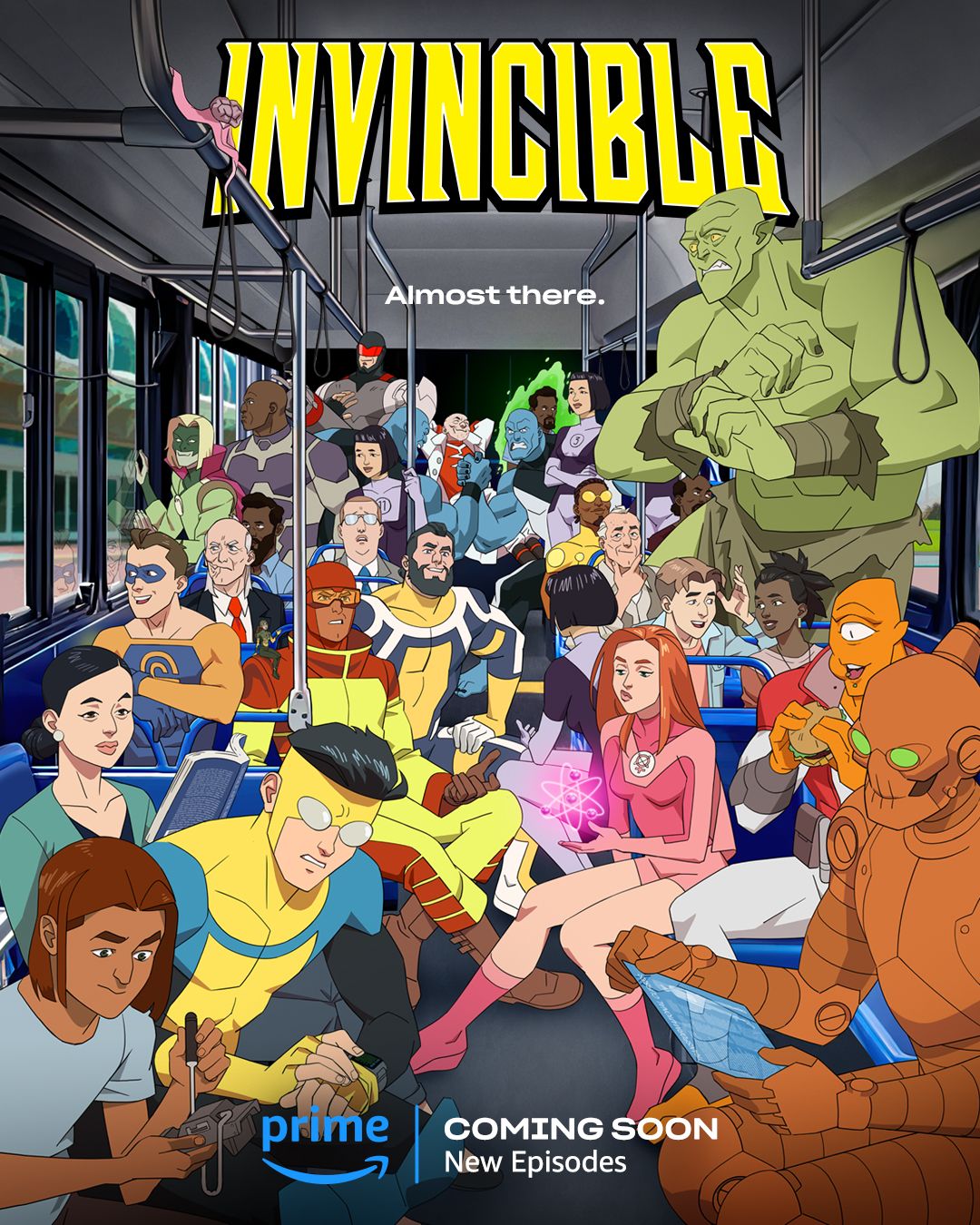
Invincible
Invincible is an adult animated superhero series that revolves around 17-year-old Mark Grayson, who’s just like every other guy his age — except his father is the most powerful superhero on the planet, Omni-Man. But as Mark develops powers of his own, he discovers his father’s legacy may not be as heroic as it seems.
- Release Date
- March 25, 2021
- Creator
- Robert Kirkman
- Seasons
- 2
- Developer
- Simon Racioppa
- Number of Episodes
- 9
- Network
- amazon prime video
Society Views Superheroes Differently Than We Used To
The Authority is a superhero team that not only put the “graphic” in graphic novel but also heavily contributed to the popularization of widescreen comics. This style of comics writing imitated cinema by mimicking the widescreen aspect ratio, thus making characters and their stories much more easily transferable to the silver screen. This forces newer fans, however, to wonder why exactly one of the DCU’s most exciting new properties comes from a superhero team that have significantly less brand recognition than, say, the Teen Titans or even the Justice Society. The truth of the matter is that a movie based on The Authority only became viable because TV series like The Boys and Invincible pushed the boundaries of the way that the public perceives superheroes as a whole, offering the Big Two some creative leeway to explore the more nihilistic (and ultimately realistic) implications of superheroes in the real world.
Warner Bros. and DC Comics as a film brand are far from strangers to darker superhero stories, having been constantly ridiculed for their grim aesthetic and storylines in contrast to Marvel’s lighter fanfare. DCU front-runner Man of Steel controversially ended with Superman breaking his one cardinal rule and murdering his enemy Zod after inadvertently destroying the city of Metropolis throughout their battle. Most infamously, in its sequel Batman v Superman: Dawn of Justice, director Zack Snyder attempted to interrogate the mythology of the world’s two most archetypical superheroes in a post-9/11 setting, focusing significantly on the devastating consequences of the overnight arrival of super people from a human perspective straight from its opening scene.
Love him or hate him, Snyder challenged the boundaries of what these characters could be, not upholders of justice with unbreakable ideals, but as gods willing to kill in order to get the job done. It’s only now in an overabundant age of superhero content that people crave something more deconstructive, and while Snyder may have shared his fatalistic thoughts on the superhero genre a little too early, at a time when people still craved more classic and heroic arcs, one can also read the bigger problem to be the simple fact that he chose the wrong heroes to make his point through. Enter the Authority.
Who Are the Authority in DC Comics?
If superheroes like the Justice League became popular as a result of World War II idealism, the Authority is a reflection of how the world and its conflicts have become so much less black-and-white since then. Created by Warren Ellis and Bryan Hitch in 1999, what differentiates the Authority from the Justice League isn’t just their kooky, godlike abilities but their morals. Unlike the Justice League who strive to preserve their moral idealism in the face of any adversary, the Authority gets the job done by any means necessary, redefining the limits of those last three words every time. While its roster has undergone multiple shakeups and Gunn hasn’t provided any further details on who has made it for the big screen, the image he shared in his announcement spotlighted the classic line-up.
The Authority is led by Jenny Sparks, a British woman who acts as the embodiment of the 20th century (having unassumingly influenced much of the world’s most significant events, from the Titanic to the rise of Hitler). Alongside her are Jack Hawksmoor, who can communicate with, control, and manipulate any urban environment (one of the most original superpowers of any major DC hero); Swift, whose wings allow her to travel as fast as most super-speedsters; the Engineer, whose mastery over nanobots allows her to metallically conjure anything within her imagination; and the Doctor, a reality-warping, heroin-addicted shaman.
Finally, there’s Apollo and theMidnighter, one of comics’ most iconic gay couples who act as darker analogues to Superman and Batman, respectively. The former derives his super strength and flight from the Sun (sound familiar?) while the latter’s brain is equipped with battle simulators that allow him to foresee every outcome within a fight as it occurs (think Batman but with unlimited prep time condensed into a picosecond). If they sound overpowered, it’s because they most certainly are, which is why they only act against world or reality-threatening events (including a fight against God itself). What’s most exciting, however, is that the Authority represent dark inversions of classic DC superheroes with all of their self-imposed restraints and fears for their powers eliminated. It’s still Superman and Batman, minus the morality integral to their characters. Unlike their analogues, these guys would never even dream of holding back.
The Authority Like To Party Just As Much as They Like To Fight
It’s a known fact that Superman and Batman never drink alcohol, albeit on very rare occasions. Saving the city as much as they do, you would think they’d want to wind down and celebrate, but it’s their moral rigidity, not their superhuman abilities, that makes them the heroes they are. The Authority, on the other hand, is one of the most hedonistic superhero teams to ever splash a panel. When they’re not saving the world via the most gruesome means necessary, they’re throwing massive parties on the Carrier, their city-sized home and spaceship, binge-drinking, smoking, or having sex with other members of the WildStorm superhero community. Unlike The Boys, however, this excess hedonism among superheroes isn’t portrayed in a negative light. Rather, it acts as a modern reflection of celebrity culture and a more realistic look at what a world with superpowers would look like. They’re not partying like rock stars, they’re partying like superheroes, raising the roof to a whole new level.
While The Boys uses the superheroes’ hedonistic activities to comment on their depravity and lack of connection with the real world (we all remember ‘Herogasm’ and its R-rated intensity), the Authority frames it as a way of humanizing them, showing that you can’t save the world every day without stopping to enjoy yourself every now and again, even if it means saving it with a hangover. It’s not all wish fulfillment, however, as the consequences of extreme drug use are never shied away from, with the Doctor’s heroin addiction becoming a major plot point that prevents him from using his powers when most necessary, resulting in the loss of lives in the process.
In spite of constant battles with censorship from DC Comics themselves, the Authority is also responsible for massive strides in representation from the LGBTQ+ community in regard to their standing among superheroes. The relationship between the title’s two most popular characters, Apollo and Midnighter, isn’t inserted for the shock value of seeing characters strikingly similar to Superman and Batman in a gay relationship. Rather, it re-frames the stereotypical perception of gay men as physically weak and cowardly by showing them off as very much in love and kicking major ass while doing it.
Hurt his husband and the Midnighter will come at you with a jackhammer with every intention of using it in a way that makes the Saw franchise look uninspired (not far off from how Omni-Man took care of those invisible soldiers raiding his home). With that kind of love, it’s no surprise that the original run’s resolution depicted the happy couple tying the knot in marriage in a move that would prove utterly sincere and earned for the time we had already spent with them. If one of the most heartbreaking episodes of The Last of Us showed us anything, it’s that audiences are ready for the typically hetero-male-dominated mediums of comic books and video games to feature more queer content, with more queer heroes as three-dimensional characters rather than token inserts.
The Authority Address Real-World Issues Head On
While godlike in terms of their power, in many respects, Ellis’s original run on The Authority proved less divorced from the real world than the primary DC continuity. Jenny Sparks’ status as a century baby directly led to references of her subtle and unintentional manipulation of world events (she caused World War II by convincing Hitler to drop art and pursue politics where she thought he had a stronger future) but beyond that, their adversaries weren’t always cosmic or godly. Instead, their struggles pertained to their interventionism and the proactive manner in which they used their powers to fix the world. This includes toppling dictatorial regimes (in one instance allowing a dictator to be torn apart by the people he starved and exploited) as well as housing, feeding, and sharing a home with millions of war refugees within their aforementioned spaceship. Other stories feature them disarming the world of all weapons, nuclear or otherwise, or reforming a super-genius criminal to develop altruistic, life-saving medicines and technologies.
The point is that the Authority are far from a simple version of the Justice League that kills. Neither are they solely reactive to human conflict, like Superman and his friends. Rather, their super-heroics act as a genuine attempt to make the world a better place. While the political overtones of the book and their interventionist methods have led to them being compared to the U.S.’s invasion of Iraq in response to 9/11, their radical peace-loving ideologies and hippie spirit embodies the counterculture of the 1960s.
The Authority are a super team that definitely have opinions on political controversies like the re-criminalization of abortion as a result of the overturning of Roe v. Wade or Russia’s invasion of Ukraine. Their moral compass may not extend to the preservation of life when it comes to facing their own super-powered enemies, but it’s in full effect when it comes to the political, leading to a kind of superhero story that we’ve yet to see on the big screen. Though it remains to be seen how political James Gunn’s version of the story will be, 2021’s The Suicide Squad proved that the filmmaker isn’t afraid to tackle taboo topics like U.S. interventionism within the confines of a superhero film, generating promise for an authentic adaptation to come.
‘The Boys’ and ‘Invincible’ Paved the Way for a Big Screen Version of the Authority
The market boom for superheroes with more challenging moral codes only came as a result of the over-saturation of superheroes within the current media landscape. Peter Berg’s Hancock may have attempted to posit what a drunk, deadbeat superhero would look like in the real world, but if Marvel has proved anything over their massively successful run, it’s that people liked their superheroes to be goofy and relatable, at least until that got old again.
One of the reasons The Boys was such a breath of fresh air to audiences (and why it continues to outperform even Marvel’s television output) is that it interrogated the celebrity status of superheroes and showed that behind the curtain, they might just be as flawed as our own idols. It paved the way for depictions of superhero hedonism essential to who the Authority is. Similarly, Invincible pushed several boundaries in regard to the violence we’re willing to see superheroes dish out upon one another (who can forget Omni-Man using Mark as a battering ram to plow through a fully populated subway train) and warmed us up for the extreme gore we’re no doubt going to be treated to.
The Authority‘s success within the medium of comics can be partially attributed to how it offered an extreme alternative to super-heroics while still maintaining the basic principles (superheroes are good guys). While film is a much riskier medium to experiment within, these series have proved that there’s a strong and viable audience ready to digest some of the riskier superhero material out there. In short, like with comics in the ’90s, subversion is in. Luckily for the studios, there’s an enormous treasure trove of content showcasing just how twisted our world would be were superheroes to actually walk among us.
The Authority isn’t just one of the most exciting projects on DC’s upcoming slate, but one of the exciting superhero movies in development right now, marrying gore, representation, politics, hedonistic activities, and of course, high-octane action into a perfect concoction that satisfies experientially while offering plenty of food for thought in the process.
Invincible is available to stream on Amazon Prime Video in the U.S.












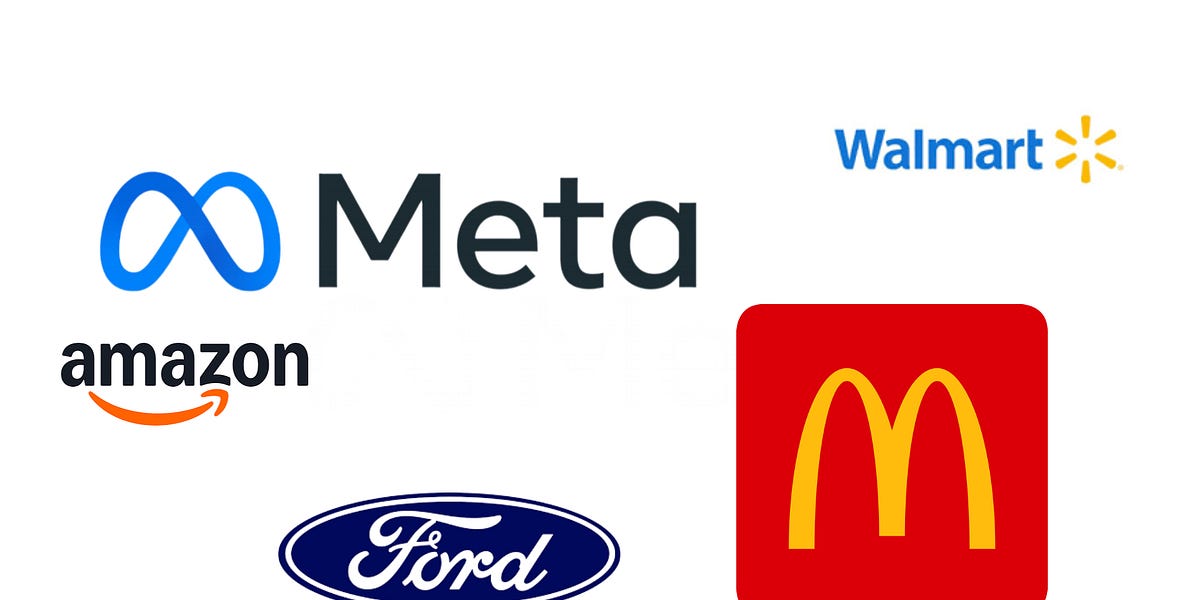



































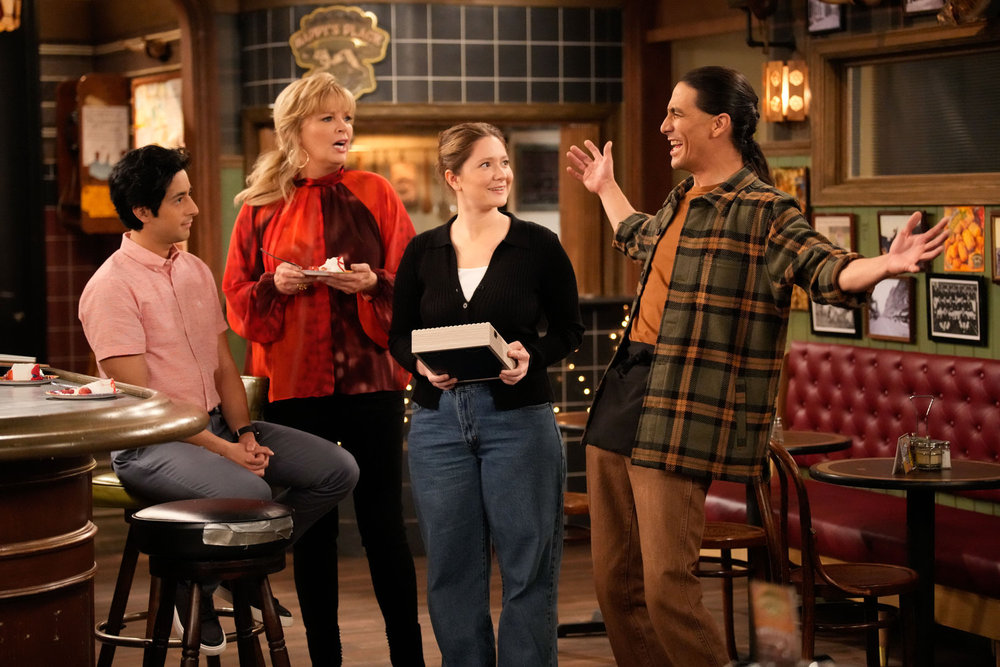





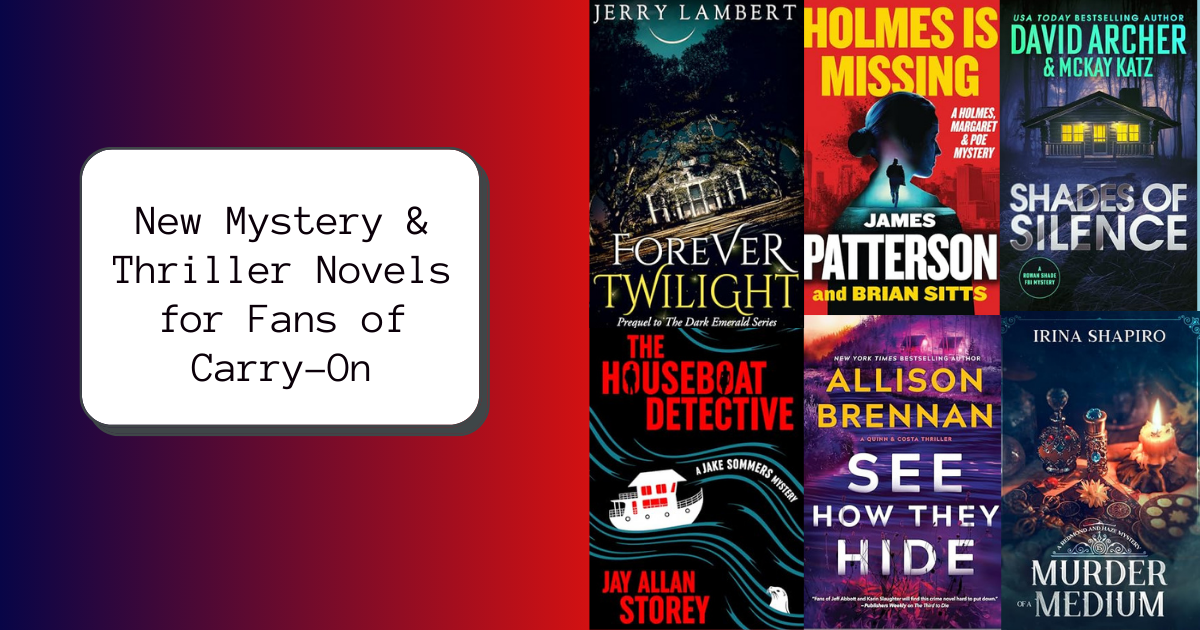
![5 Ways to Improve Your LinkedIn Marketing Efforts in 2025 [Infographic] 5 Ways to Improve Your LinkedIn Marketing Efforts in 2025 [Infographic]](https://imgproxy.divecdn.com/Hv-m77iIkXSAtB3IEwA3XAuouMwkZApIeDGDnLy5Yhs/g:ce/rs:fit:770:435/Z3M6Ly9kaXZlc2l0ZS1zdG9yYWdlL2RpdmVpbWFnZS9saW5rZWRpbl9zdHJhdGVneV9pbmZvMi5wbmc=.webp)





